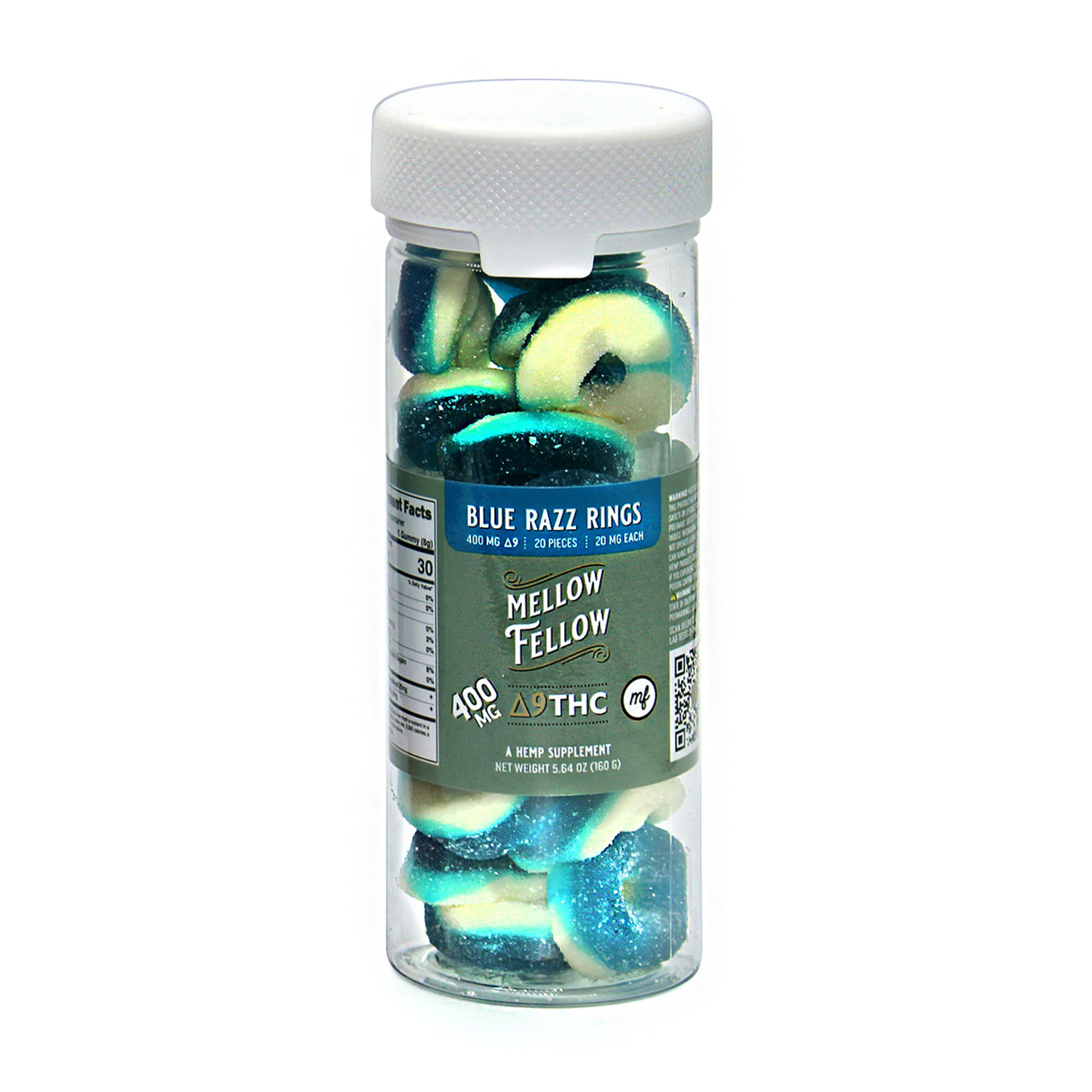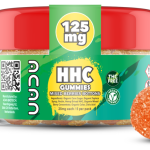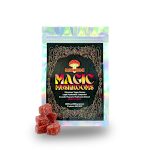Unveiling The Next Frontier: The Future of Delta-8 Edibles
In the rapidly evolving landscape of cannabis products, delta-8 THC has emerged as a promising contender, offering users a unique and milder psychoactive experience compared to traditional delta-9 THC. Among the myriad of delta-8 consumption methods, edibles stand out for their convenience, discretion, and sustained effects. As enthusiasts and researchers alike delve deeper into the potential of delta-8, the future of delta-8 edibles appears poised for exciting developments and innovations.
Exploring the Current Landscape
Currently, the market for delta-8 edibles is burgeoning, with an array of options ranging from gummies and chocolates to infused beverages and baked goods. Consumers are increasingly drawn to these products for their precise dosing, longer-lasting effects, and versatility in consumption. Brands are capitalizing on this growing demand by offering a diverse selection of delta-8-infused edibles, catering to various tastes and preferences.

Rising Popularity and Demand
The surge in popularity of delta-8 edibles can be attributed to several factors. Firstly, delta-8 THC is legally derived from hemp, making it accessible in regions where cannabis remains prohibited or restricted. This legality factor has significantly widened the consumer base for delta-8 products, driving demand among both seasoned cannabis enthusiasts and curious newcomers.
Innovation and Formulation Advancements
Innovation is at the forefront of the delta-8 edible market, with manufacturers continually exploring new formulations and delivery methods to enhance the user experience. From nano-emulsification techniques for improved bioavailability to novel flavor profiles and texture innovations, the quest for the best delta 8 edibles is driving unprecedented creativity and experimentation within the industry.
Regulatory Landscape and Compliance Challenges
Despite its legal status, delta-8 THC exists in a regulatory gray area, leading to uncertainty and challenges for both businesses and consumers. As regulatory bodies grapple with defining and regulating delta-8 products, manufacturers must navigate a complex landscape of compliance requirements and evolving regulations to ensure product safety and legality.
The Promise of Scientific Research
Scientific research into the therapeutic potential of delta-8 THC is still in its infancy but shows promising avenues for exploration. Preliminary studies suggest that delta-8 may offer a range of potential benefits, including anti-nausea properties, pain relief, and anxiety reduction, without the intense psychoactive effects commonly associated with delta-9 THC. As research continues to unravel the complexities of delta-8, the future holds the potential for groundbreaking discoveries and advancements in therapeutic applications.
Environmental and Sustainability Considerations
In an era of increasing environmental consciousness, sustainability has become a pressing concern for the cannabis industry as a whole. As the popularity of delta-8 edibles grows, so too does the need for sustainable cultivation practices, eco-friendly packaging solutions, and responsible waste management strategies. Brands that prioritize environmental stewardship stand to differentiate themselves in an increasingly competitive market while contributing to a more sustainable future for the industry.

Conclusion
As we look to the future, the horizon for delta-8 edibles appears bright and full of promise. With ongoing innovation, expanded research efforts, and a commitment to compliance and sustainability, the best delta 8 edibles are yet to come. Whether for recreational enjoyment or therapeutic relief, delta-8 edibles are poised to play an increasingly prominent role in the cannabis landscape, offering users a safe, enjoyable, and potentially transformative experience.



